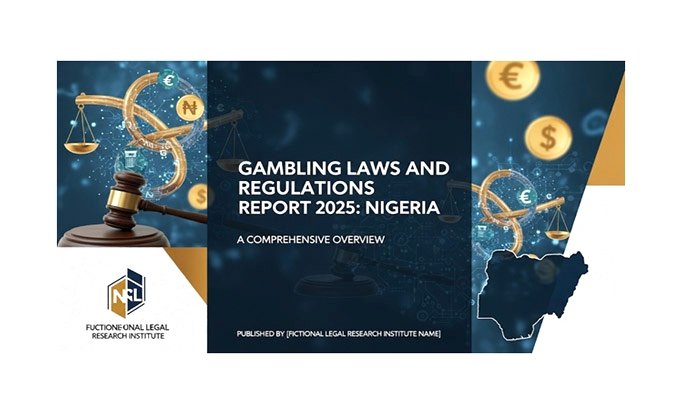Nigeria’s gambling industry started 2025 with new tax obligations that are changing how the business works. The Federal Government introduced a 5% withholding tax on winnings for Nigerian players, while non-residents pay 15%.
This direct taxation of gambling winnings is the first of its kind in Nigeria. Before now, most tax pressure was on operators, not individual players.
The Numbers Behind the Changes
The government added a 5% excise duty on gaming services this year. Offshore operators using the Sentinel National Payment Gateway already pay 4.5% on player deposits, and now face additional compliance requirements.
Local operators still pay the existing 7% Lottery Tax on annual net proceeds. They also remit monthly payments to the National Lottery Trust Fund and the National Lottery Regulatory Commission.
The NLRC has recovered ₦8 billion in previously uncollected taxes since implementing these systems, according to official figures.
Why Operators Are Concerned
Platform upgrades take 6 to 9 months for most betting companies to implement tax compliance features. Many operators couldn’t meet the January 1 deadline because their software providers are based overseas.
Licensing costs remain high at N100 million for lottery permits and N50 million for sports betting licenses. The required N25 million bank guarantee adds pressure on smaller operators’ finances.
Industry lawyers say these costs hit smaller companies hardest. Bigger operators might absorb some tax burdens to keep players, but smaller ones lack this option.
What Players Are Doing
Nigerian bettors are starting to look beyond local operators when they see 5% disappearing from their winnings. The pattern mirrors what happened in Britain, where strict regulations and high taxes pushed players toward offshore alternatives. In the UK, heavy-handed regulation led many players to seek casinos without Gamstop that operate outside the restrictive framework and don’t participate in the self-exclusion system.
Nigeria might face a similar exodus. Offshore operators don’t collect withholding tax on winnings, making them more attractive to players who want full payouts. Early signs suggest some Nigerian players are already testing these waters, with local operators reporting concerns about player retention since the tax implementation began.
State vs Federal Tensions
Nigeria’s Supreme Court granted states more oversight of gambling activities within their borders. This creates complexity similar to systems in Canada and the United States.
The proposed Central Gaming Bill wants to recentralize online gaming regulation under federal control. However, 24 states oppose this move, with the Federation of State Gaming Regulators calling it unconstitutional.
Lagos State charges N50 million for gambling licenses and requires N20 million in share capital. Different states have different requirements, creating administrative headaches for multi-state operators.
Economic Impact
Nigeria’s gambling sector contributes $2 billion annually to the economy. Projections suggest growth to $5 billion by 2027, but new taxes test whether this trajectory holds.
With 60 million active gamblers, Nigeria represents Africa’s largest betting market. Daily spending averages 15 USD per person, with 14 million transactions processed online each day.
The National Lottery Regulatory Commission requires international operators to pay $100,000 for Remote Operator Permits, then $50,000 annual renewals.
Looking Forward
The industry faces consolidation as smaller operators struggle with new costs. Some international companies are evaluating whether Nigeria’s market size justifies the regulatory complexity.
Platform providers need time to develop tax-compliant systems. This technical lag could create compliance gaps until software catches up with legal requirements.
Government revenue goals make sense economically. Whether execution matches expectations depends on how players and operators adapt to the new environment.
The next few months will show whether Nigeria’s approach encourages growth or pushes activity toward unregulated alternatives.
Source:Pulse Nigeria








